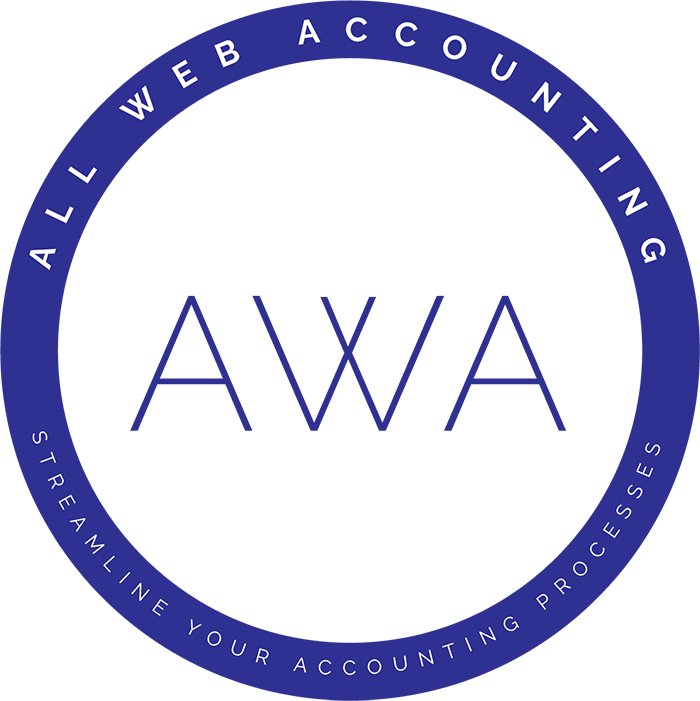
Top 5 Financial Tips for Small Businesses
Starting and growing a small business can be exciting, but managing finances effectively is essential to ensure success and profitability. Whether you’re just getting off the ground with company formation or you’re an established small business owner, implementing sound financial practices can make a big difference. Here are the top 5 financial tips for small businesses to maximize profit.
1. Use Accounting Software for Accurate Financial Tracking
Investing in the best accounting software for small businesses is one of the smartest decisions you can make. With robust accounting software, you can easily monitor expenses, track income, and assess profitability. Many platforms offer features like automated invoicing, expense tracking, and real-time financial reports, which streamline accounting tasks and reduce the chances of errors. For small businesses with limited resources, there are affordable options such as QuickBooks, FreshBooks, and Xero, all of which are excellent choices for managing finances.
Accounting software helps simplify your day-to-day operations, and it provides valuable insights into cash flow, enabling you to make more informed financial decisions. Plus, having digital records means your accountant or CPA near me can easily access the data when it’s tax season or during financial reviews.
2. Explore Small Business Loans for Growth Opportunities
Cash flow is the lifeblood of any business. Even profitable businesses can struggle if they don’t have enough liquid cash to cover expenses, seize growth opportunities, or manage seasonal fluctuations. If your business could benefit from additional funds, consider exploring small business loans or new business loans. Many financial institutions and online lenders offer loans specifically tailored to small businesses, with flexible repayment options and competitive interest rates.
Before applying for a loan, assess your business’s financial health and determine exactly how much you need. A well-planned loan can give you the capital necessary to purchase new equipment, expand operations, or hire additional staff — ultimately helping you boost your bottom line.

3. Budget Wisely and Track Expenses
A comprehensive budget is the foundation of a profitable business. By setting a realistic budget and tracking expenses, you can avoid overspending and ensure funds are allocated effectively. Regularly review your budget to identify any unnecessary expenses or areas where you can cut costs. Accounting software for small businesses can simplify this process by categorizing expenses, making it easier to spot trends.
Having a detailed budget also helps you make strategic decisions. For example, if you’re overspending on insurance, consider getting a Progressive Insurance quote to compare rates and see if you can save on coverage. Regularly optimizing your budget is a proactive way to increase profitability and maintain financial stability.
4. Partner with a CPA for Tax Planning and Compliance
Taxes are a significant expense for any business, but with smart tax planning, you can minimize your tax burden and keep more profits in your pocket. Partnering with a CPA near me is a worthwhile investment, as they can help you identify tax deductions, ensure compliance with tax laws, and develop a tax strategy that aligns with your business goals.
A CPA can also guide you on financial decisions that may impact your tax liability, such as the timing of purchases, investments, and other expenses. This level of expertise helps you keep as much of your earnings as possible while staying in line with tax regulations.
5. Protect Your Business with Adequate Insurance
Protecting your assets is just as important as generating revenue. Business insurance can shield your company from financial losses due to unforeseen events like theft, natural disasters, or lawsuits. Taking time to evaluate your insurance needs, and obtaining multiple quotes from providers (e.g., a Progressive Insurance quote), can help you find a policy that provides the right level of coverage at a reasonable price.
Having comprehensive insurance coverage helps ensure that your business can recover quickly from any disruptions, preventing costly setbacks that could impact your profitability. It’s a proactive measure to safeguard your financial health and provide peace of mind as you continue to grow your business.
Conclusion
Maximizing profit for your small business requires a combination of smart budgeting, efficient cash flow management, and strategic financial planning. By leveraging the best accounting software for small business, exploring financing options like small business loans, partnering with a CPA near me, and protecting your assets with insurance, you set your business up for lasting success. Implementing these top five financial tips can help you not only increase your profits but also build a strong financial foundation for sustainable growth.
